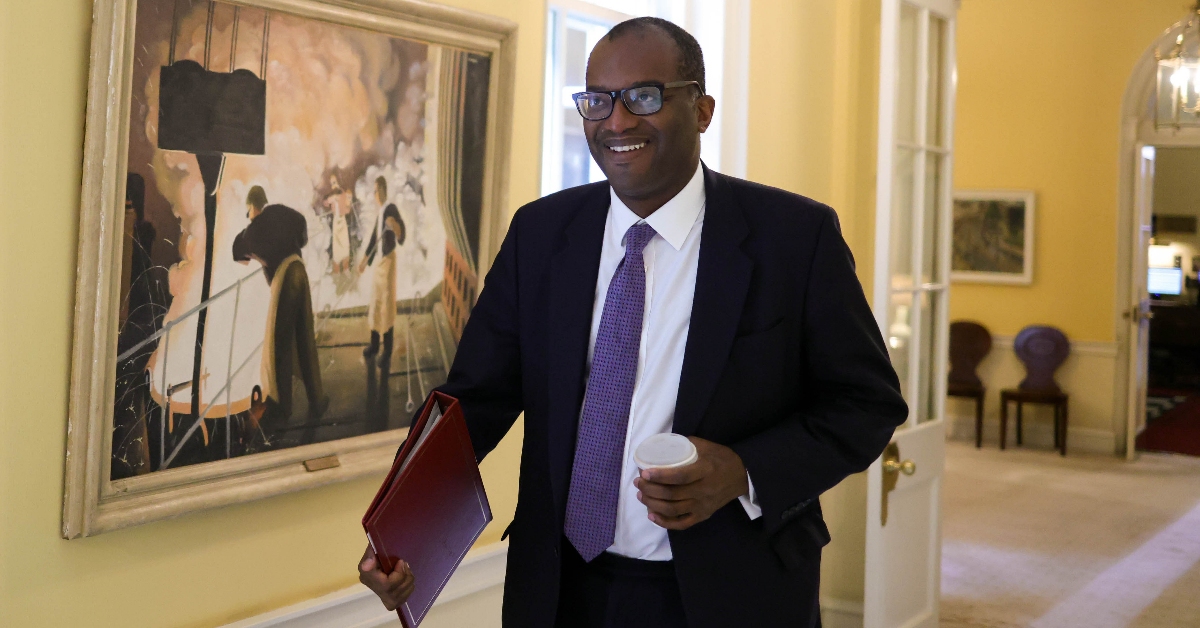Chancellor Kwasi Kwarteng will set out a medium-term fiscal plan on November 23, the Treasury has confirmed.
It comes as the pound slumped to its lowest level against the dollar since 1971, after the chancellor hinted more tax cuts would follow those he announced last week.
Kwarteng’s mini-budget on Friday outlined the biggest programme of tax cuts for 50 years using more than £70bn in increased borrowing.
Mortgages, holidays and the cost of goods and services are all set to suffer knock-on effects from the slump.
It sparked speculation that the Bank of England may be forced to further hike interest rates.
The governor said there would be no emergency meeting and instead it would consider increasing the base rate at the next planned meeting.
But Andrew Bailey said the Bank would not “hesitate to change interest rates as necessary”.
“The Bank is monitoring developments in financial markets very closely in light of the significant repricing of financial assets,” he said.
In what may be an attempt to calm the markets, the Treasury issued a statement setting out dates for further details of the Government’s “Growth Plan”.
Next month, the chancellor will, as part of that programme, outline regulatory reforms to aimed at keeping the UK’s financial services sector “globally competitive”.
He will then set out his medium-term fiscal plan on November 23 accompanied by an Office for Budget Responsibility forecast.
The chancellor also confirmed that there will be a full Budget in the Spring, with a further OBR forecast.
Follow STV News on WhatsApp
Scan the QR code on your mobile device for all the latest news from around the country


 No10 Downing St
No10 Downing St

























